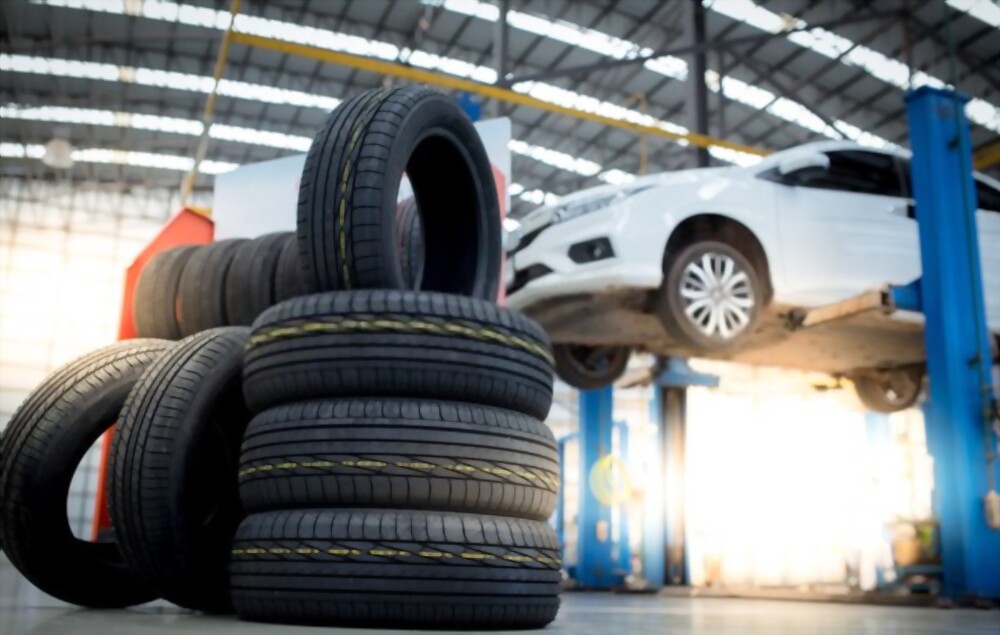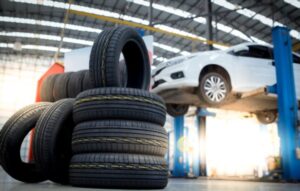Improving Fuel Efficiency: The Hidden Benefits of Proper Tire Pressure
With the ever-rising fuel prices and growing concerns about environmental impact, many drivers are seeking effective ways to maximize their vehicles’ fuel efficiency. Surprisingly, one often overlooked factor that can significantly influence a car’s mileage is tire pressure. Maintaining proper tire pressure not only helps extend the lifespan of your tires but also plays a crucial role in enhancing fuel efficiency. Let’s delve into the impact of tire pressure on your fuel consumption and explore the benefits of keeping your tires optimally inflated.
1. The Science Behind Fuel Efficiency:
It may sound counterintuitive, but under-inflated tires can dramatically hinder your car’s fuel economy. When tires are insufficiently inflated, they create more rolling resistance, requiring the engine to work harder and burn more fuel to maintain speed. Studies have shown that for every 1 psi (pound per square inch) drop in tire pressure, your vehicle’s fuel efficiency drops by about 0.2%. Imagine the cumulative effect of driving around with tires that are consistently under-inflated by 5 or 10 psi! By paying close attention to tire pressure, you can potentially save a significant amount of money on fuel expenses each year.
2. Proper Tire Pressure: The Key to Enhanced Handling:
While fuel efficiency is undoubtedly an enticing reason to maintain proper tire pressure, one must not overlook the impact it has on vehicle handling. Adequate tire inflation ensures optimal contact between the tire and the road, promoting better grip and responsiveness. When tires are correctly inflated, sudden maneuvers, such as tight turns or emergency braking, can be executed with confidence, reducing the risk of accidents. So, if you value the safety and control of your vehicle, ensuring the correct tire pressure should be high on your priority list.
3. The Economic Edge: Savings that Matter:
Let’s talk numbers. By simply keeping your tires inflated to the manufacturer’s recommended pressure, it’s estimated that you can improve your fuel efficiency by up to 3%. For an average driver covering 15,000 miles annually, this translates into savings of approximately 30 gallons of fuel per year. Multiply that by the number of years you intend to keep your car, and the savings become substantial. Moreover, by prolonging the lifespan of your tires through proper inflation, you can avoid the cost and hassle of purchasing new ones before their time. So, not only will you save money on fuel, but you’ll also save on tire replacements, giving you an economic edge in the long run.
In conclusion, maintaining the correct tire pressure is an often underestimated yet powerful tool in improving both fuel efficiency and vehicle handling. By keeping your tires properly inflated, you can enjoy the economic benefits of reduced fuel consumption, increased tire longevity, and enhanced safety on the road. So, next time you hit the pump or consider buying new tires, remember the impact of tire pressure on your driving experience—the benefits are undeniable. Start experiencing the difference today and join the growing number of conscientious drivers who are reaping the rewards of optimal tire inflation.


